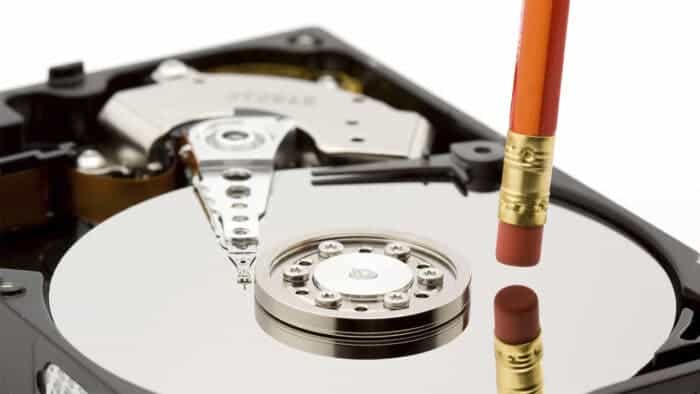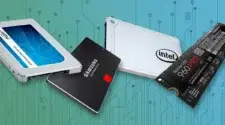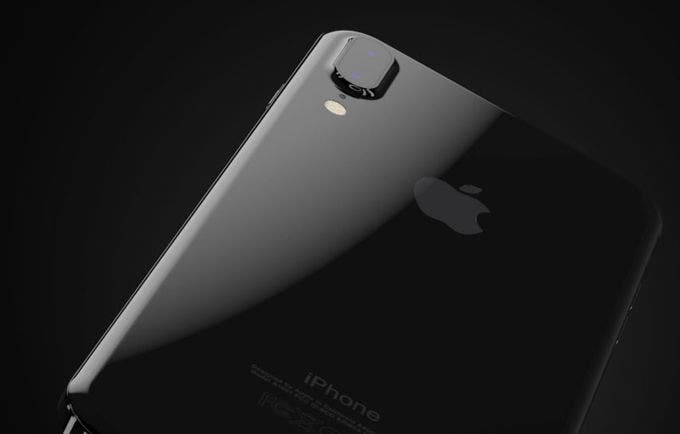Whether or not fast and reliable storage is crucial to you or not, there’s no denying that hard drives are the cheapest way to expand your system’s capacity. But ever since SSDs became mainstream, the presence of HDDs has been dropping in modern systems. And it seems like they will soon be deemed extinct.
To give you a perspective, the very last mechanical HDD will be sold in 2028. And with that, we will experience the end of the magnetic storage era. But what could be the reason behind it? Why can’t hard drives be a thing after 2028? Well, the reasoning from the person who made the claim is quite unexpected.
Shawn Rosemarin Explains Why Hard Drives Will Soon Be Extinct
In case you are wondering, Shawn Rosemarin is the Vice President of Pure Storage. Pure Storage, as you might have guessed, specializes in solid-state storage. He starts his reasoning by stating that 3% percent of the world’s power is in data centers. And about one-third of that is storage, which has nothing but spinning hard drives.
Shawn Rosemarin gets to his point by explaining that he can eliminate power consumption by 80% to 90% by moving to flash from spinning hard drives. And it’s not just the power consumption. This shift will also allow “moving density by orders of magnitude in an environment where NAND pricing continues to fall.” And with the continuous pricing downfall of NAND, hard disks will eventually go away.
Gizchina News of the week
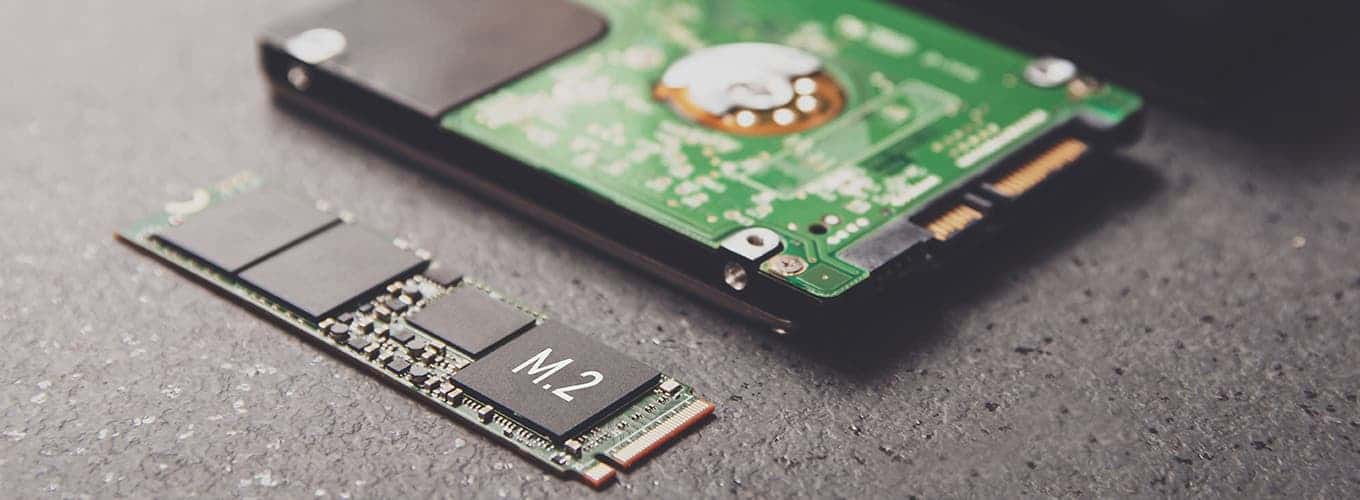
If Shawn Rosemarin is right, hard drives will end roughly 75 years of proud history by 2028. You end up with that period when you consider the IBM 305 RAMDAC of 1956 as the first commercially available computer running a hard drive.
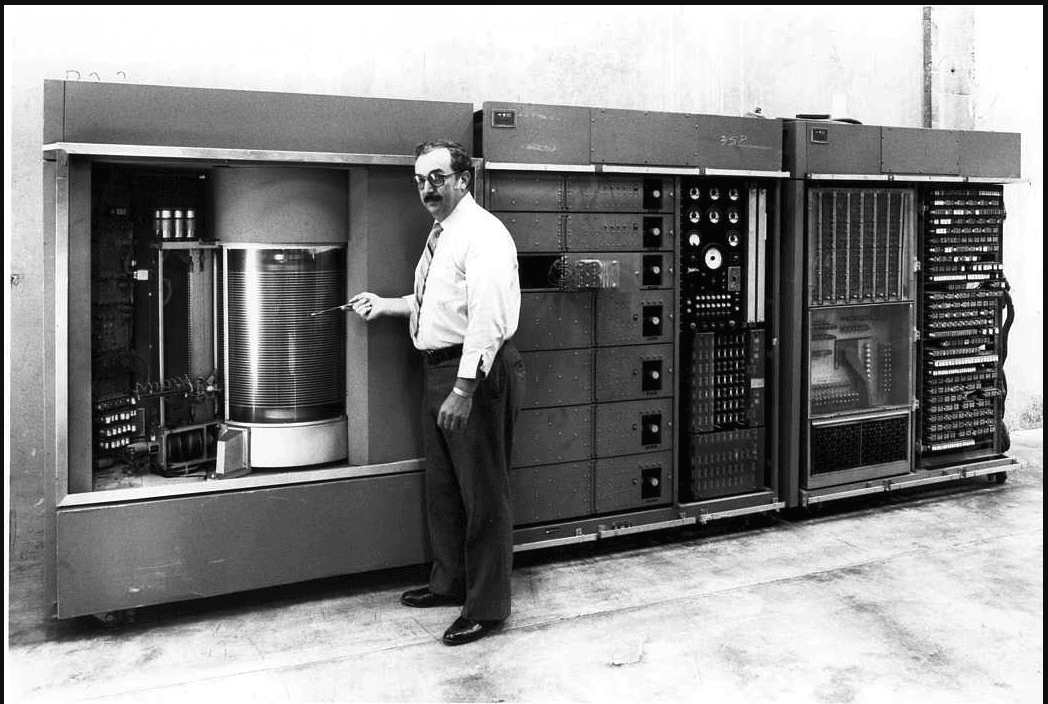
That system came with 50 24-inch magnetic platters. With a total storage capacity of about 5MB, it filled a decently-sized room. At this stage, hard drives have become much smaller and considerably cheaper. And 2028 could stop all of its progress.

